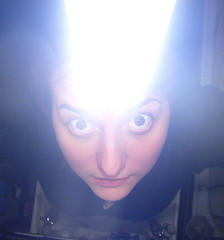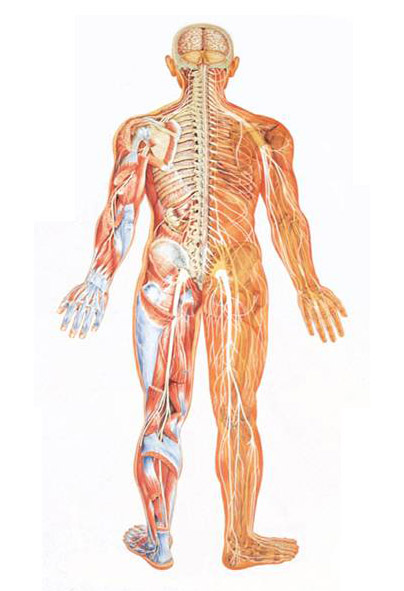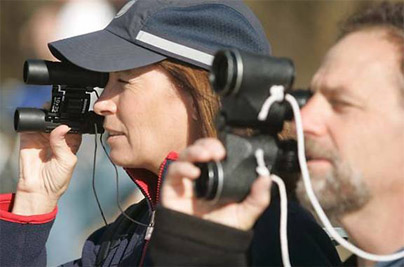How to Read Someone’s Mind

Reading someone's mind
Reading someone’s mind through telepathy has a long and legendary history. But if you want to have this ability too, you may have to rethink what mind reading is. If you envision closing your eyes and having someone from across a stage project their thoughts into yours, so that you can “hear what they’re thinking,” you are out of luck. People claim to be able to do this but they don’t teach their methods to anyone. However, mind reading is still open to you, and everyone, really, through a technique called Cold Reading.
Cold Reading is actually a set of techniques developed to give the appearance of reading someone’s mind. In fact what you’re reading are signals your subjects, i.e. the people whose minds you intend to read, are subconsciously giving you without their knowledge.
Sounds pretty cool, huh? It is. It’s great at parties and in business. For the most entertaining form of Cold Reading, watch Derren Brown’s show on British Television: the Illusionist. This highly popular show exhibits Derren Brown, a mind reader who explains and dissects his ability, reading people’s minds, hypnotizing them, and even controlling their actions. In one episode he walks through the streets of a bustling city asking people for their wallets, phones, and watches, and without so much as a moment’s hesitation, they all give them to him.
Cold Reading won’t give you abilities like Derren Brown’s, at least not at first. Here’s how to Cold Read: First, choose a subject carefully. The main ways to do this are to either to pick someone you know already, but who doesn’t know you; to ask for a volunteer from the audience, because presumably the volunteer will want you to be able to commune with the dead or do whatever you claim to be able to do; or to “shotgun the audience,” which means you make broad, general statements to a group of people such as “I’m sensing someone here has problems in their marriage.”
The next step is to profile your subject. This means you learn as much about your subject from their body language, dress, and reactions to you. Everything visible about a person can help you build a set of assumptions with which you can begin to predict specifics about that person’s personality and background. The next step is to go fishing for revelations about your subject’s life.
You may know next to nothing about the person in front of you, and you don’t need to—they will give you the secrets about themselves without realizing they are, if you ask questions about them in such a way that they appear to be statements. For example, if you they’re the person who has marital problems, you could say, “you’re marriage has been on your mind a lot lately, hasn’t it?” If you’re wrong about your statement, it doesn’t mean you’re not a psychic, because the statement was just a question.

telepathy
Most of the time, your subjects will supply more information than necessary from these question-statements. It’s from these confessions that you learn more about your subject. To do this well you have to be a great listener, to really open yourself to all the information the subject is releasing to you, from what they say to how they move their hands. Every bit of data is vital for the would-be psychic.
Another technique is to use Barnum statements, which are named after P.T. Barnum, cofounder of the famous circus by the same name. A Barnum statement is one that applies to nearly everyone, such as: “you have a big decision to make soon.”
From these techniques and others you’ll give your subjects the impression you’ve read their mind, when in fact you’ve just appeared to, using specific methods to pull out secrets the subjects themselves have supplied.


























